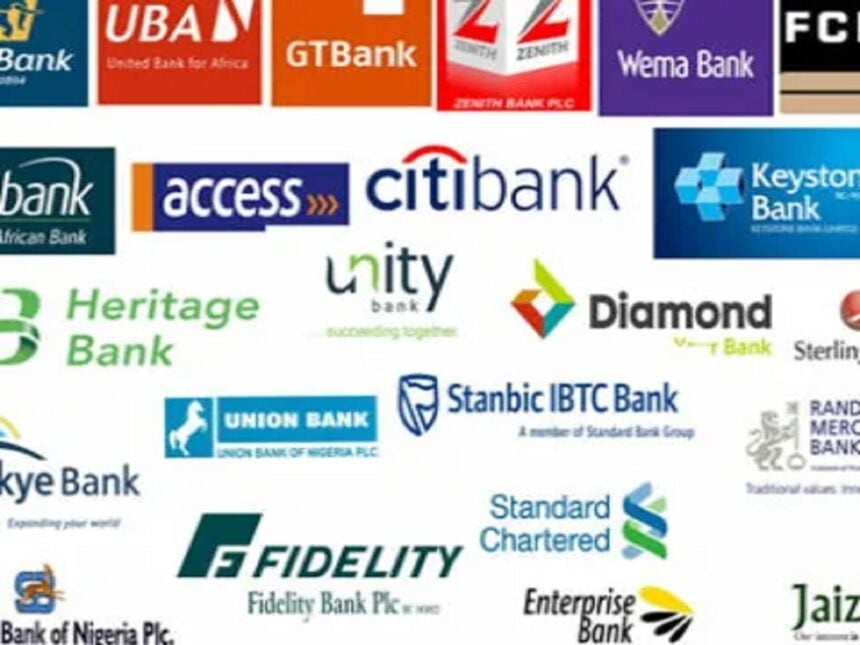As Nigerian banks race to meet the Central Bank of Nigeria’s (CBN) new recapitalization requirements, a growing tension is emerging: how to comply with stringent regulatory benchmarks while maintaining attractive dividend payouts for shareholders.
In the latest edition of Proshare’s Bank Recapitalization Watch, several lenders have made progress in their capital-raise programmes, although many are also managing credit exposure concerns under the CBN’s regulatory forbearance directive. Despite the momentum, analysts warn that balancing compliance with investor expectations may become increasingly difficult, potentially affecting shareholder returns and market sentiment.
Wema Bank Plc announced the closure of its Rights Issue of 14.29 billion ordinary shares at ₦10.45 per share on May 21, 2025. According to Managing Director Mr. Moruf Oseni, the bank has met its recapitalization target, having raised ₦150 billion. The capital injection is currently under CBN review, while a ₦50 billion approval request is being processed by the Securities and Exchange Commission (SEC).
Zenith Bank Plc has reported a 160 percent subscription on its combined Rights Issue and Public Offer, raising its share capital to ₦614 billion—well above the required threshold. The bank also addressed concerns over regulatory forbearance, stating that its Single Obligor Limit (SOL) breach involves only one customer and will be resolved by June 30, 2025. The bank added that its remaining forbearance cases cover just two clients, for whom substantial provisioning has already been made.
Similarly, following a highly successful Rights Issue and Public Offer that raised ₦273 billion with oversubscription rates of 137.73 percent and 237.92 percent respectively, Fidelity Bank is preparing to raise an additional ₦200 billion via Private Placement this financial year.
The bank’s recapitalization drive is designed to meet the CBN’s ₦500 billion threshold for internationally licensed banks. The bank also addressed its SOL-related exposures, involving two obligors, and expects resolution by thus end of H1 2025.
Access Holdings has emerged as the first bank to officially meet and exceed the CBN’s ₦500 billion capital benchmark. Through a Rights Issue of 17.77 billion shares priced at ₦19.75 each, the group raised ₦351 billion. Its banking subsidiary, Access Bank Plc, achieved the milestone as of December 31, 2024. The company also disclosed that its forbearance-related exposures have been effectively managed.
First HoldCo is now preparing a ₦350 billion Private Placement after concluding its ₦150 billion Rights Issue, which saw a 25% oversubscription. Group Chairman Femi Otedola expressed confidence that the bank will meet recapitalization goals well before the CBN deadline. However, First Bank of Nigeria Ltd, the group’s primary banking arm, is currently managing a SOL breach stemming from two dollar-denominated loans impacted by the naira’s sharp devaluation between 2023 and 2024. The breach is expected to be resolved after the capital raise concludes in H2 2025.
UBA raised ₦251 billion through an oversubscribed Rights Issue but was only able to take up ₦240 billion, in line with CBN limits, bringing its total capital to ₦355.2 billion. Plans are underway to raise the outstanding ₦144.8 billion later in the year. Notably, UBA Chairman Tony Elumelu acquired 1.27 billion shares valued at ₦43.91 billion, signalling strong insider confidence.
Abbey Mortgage Bank has received board approval to raise ₦100 billion via a Rights Issue, public offering, or alternative financial instruments. The move supports its ambition to transition from a primary mortgage institution to a regional commercial bank, meeting the CBN’s ₦50 billion minimum capital requirement for such institutions.
Unity Bank remains tight-lipped about its recapitalization progress as it continues merger discussions with Providus Bank. Analysts expect clarity only after the terms of the proposed business combination are finalized.
Market analysts are advising shareholders to remain cautiously optimistic. While capital adequacy is crucial for long-term stability, they caution that excessive equity issuance without clarity on dividend policy could dilute investor value.
“Investors are watching closely. Banks need to find that sweet spot—meeting regulatory expectations while keeping shareholder returns attractive,” said one Lagos-based analyst.
With the CBN’s recapitalization deadline looming, stakeholders agree that how banks navigate this period could reshape Nigeria’s financial landscape for years to come.
READ ALSO: Banks Recapitalization Watch: Rights issues and public offers gain momentum
WATCH TOP VIDEOS FROM NIGERIAN TRIBUNE TV
- Let’s Talk About SELF-AWARENESS
- Is Your Confidence Mistaken for Pride? Let’s talk about it
- Is Etiquette About Perfection…Or Just Not Being Rude?
- Top Psychologist Reveal 3 Signs You’re Struggling With Imposter Syndrome
- Do You Pick Up Work-Related Calls at Midnight or Never? Let’s Talk About Boundaries






